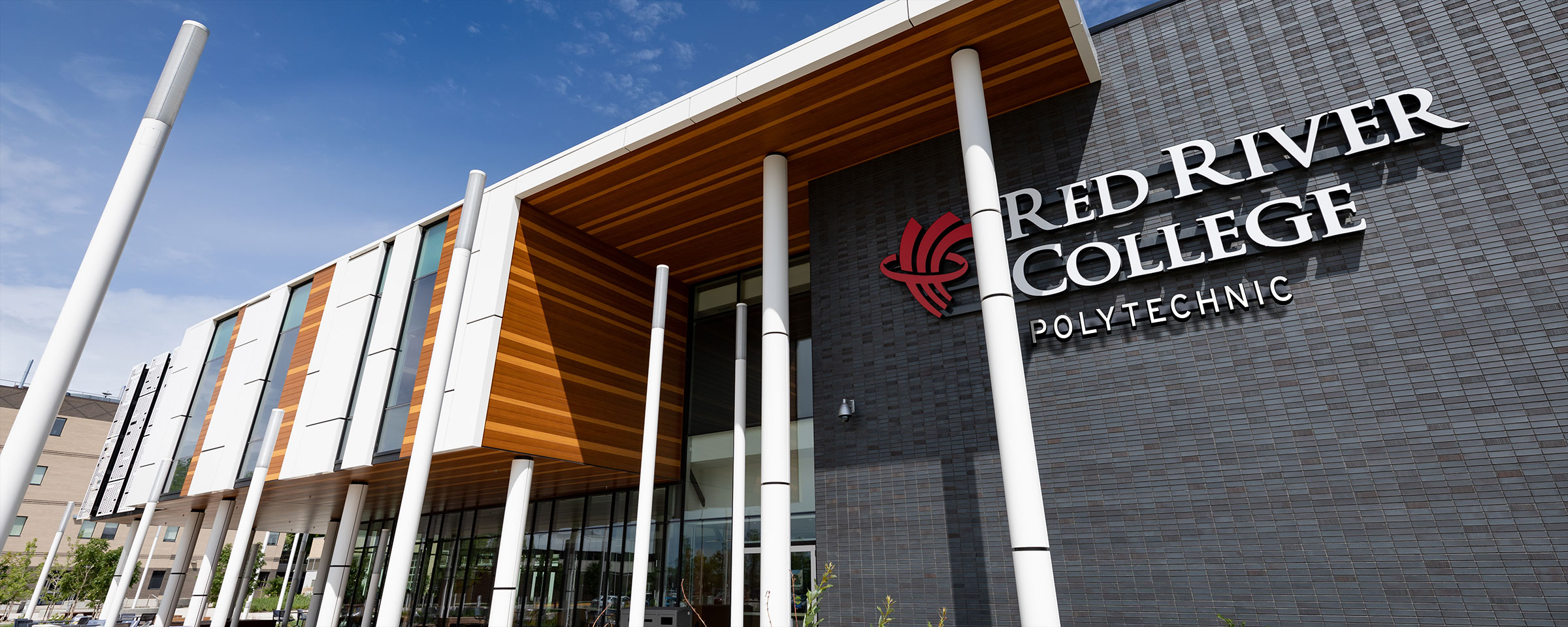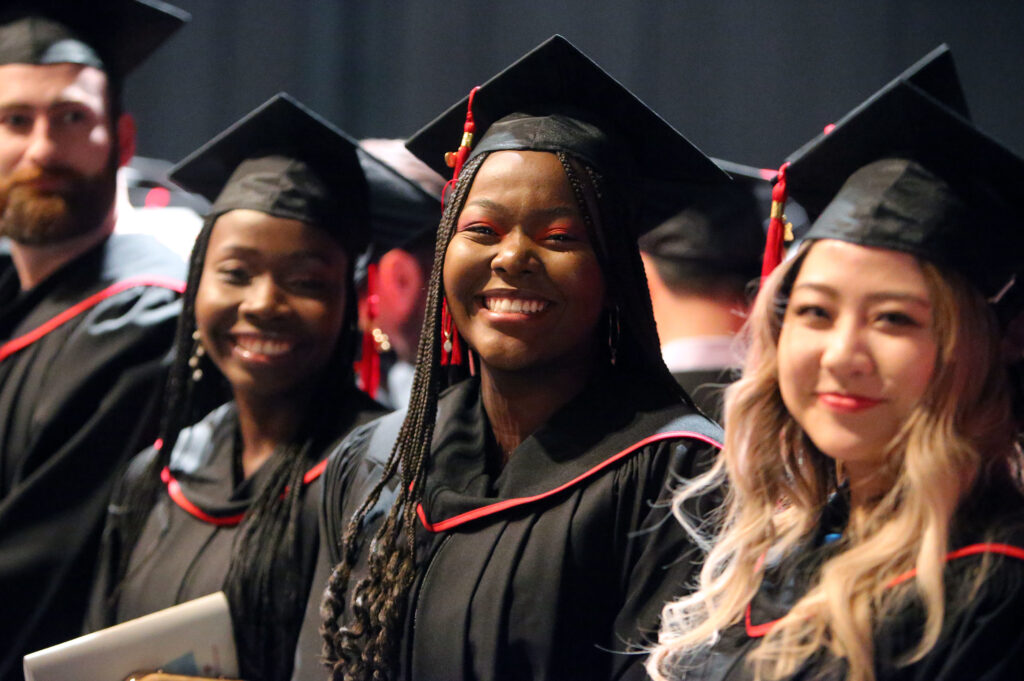Lights, Camera, Action: A Second Chance at Convocation
Today, after two years of virtual graduation ceremonies, alumni and their classmates, friends, family and loved ones, along with RRC Polytech staff are gathering for a second chance at convocation. Almost 1000 RRC Polytech alumni will be donning a cap and gown to cross the stage in person during ceremonies at the Centennial Concert Hall.
“We recognize that being surrounded by classmates and loved ones, and crossing the stage is a major milestone to help celebrate students’ hard work and achievements. We wanted to be able to provide this memorable in-person experience to alumni who had virtual convocation ceremonies over the last two years,” says Dr. Christine Watson, Vice President, Academic, who is emceeing the alumni graduation ceremonies.
Earlier this spring, after receiving positive survey responses from alumni who graduated between Spring 2020 and Winter 2022, the College announced that special return convocation ceremonies would be held for its alumni.
For Tian Tian, since arriving in Canada in 2020, not only did she have to learn how to navigate a new country and way of life, but also navigate classes in a new online learning environment. Despite all challenges, Tian, seamlessly managed a demanding class schedule, found time to give back to the community, and began building a family.
Starting her education journey at the onset of the pandemic, and finishing during another wave of the pandemic, she now has the opportunity to attend the in-person convocation ceremony she had anticipated.
“I am grateful to be able to join my instructors and fellow classmates in person – they have been fundamental in helping me build brave relationships here at RRC Polytech and prepare for my future career,” says Tian, who is a 2021 Honours grad of the Manufacturing CAD program and recipient of the Lieutenant Governor’s Award for outstanding achievement.
“Today is also extremely special because my son, Alexis, who became our youngest classmate, will be with my family in the audience while I cross the stage.”
Tian will be bringing remarks at the 7:00 p.m. alumni convocation ceremony tonight – this ceremony along those at 10:30 a.m. and 2:30 p.m. will be available via livestream at rrc.ca/convocation.
Congratulations to the classes of 2020, 2021 and 2022!


